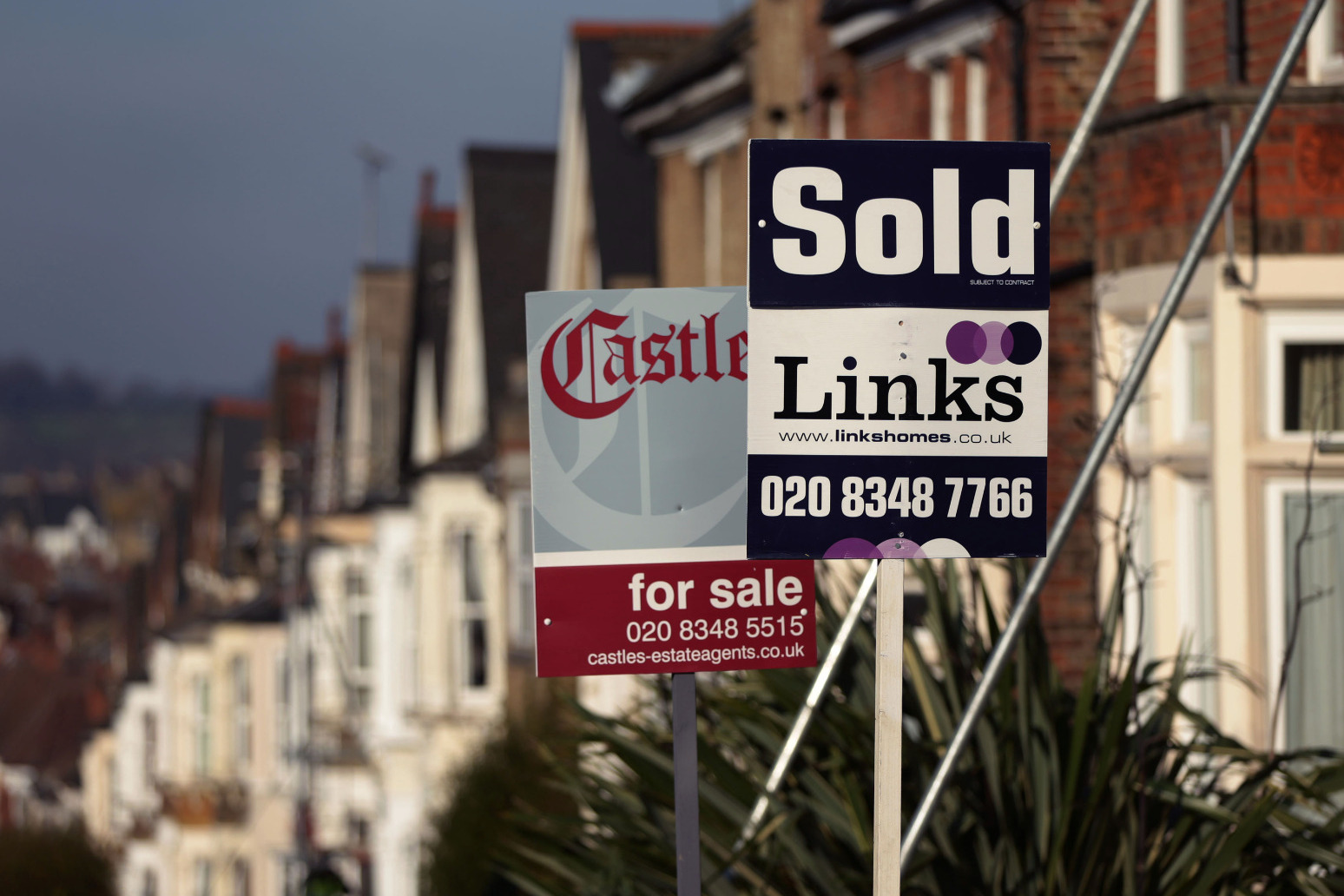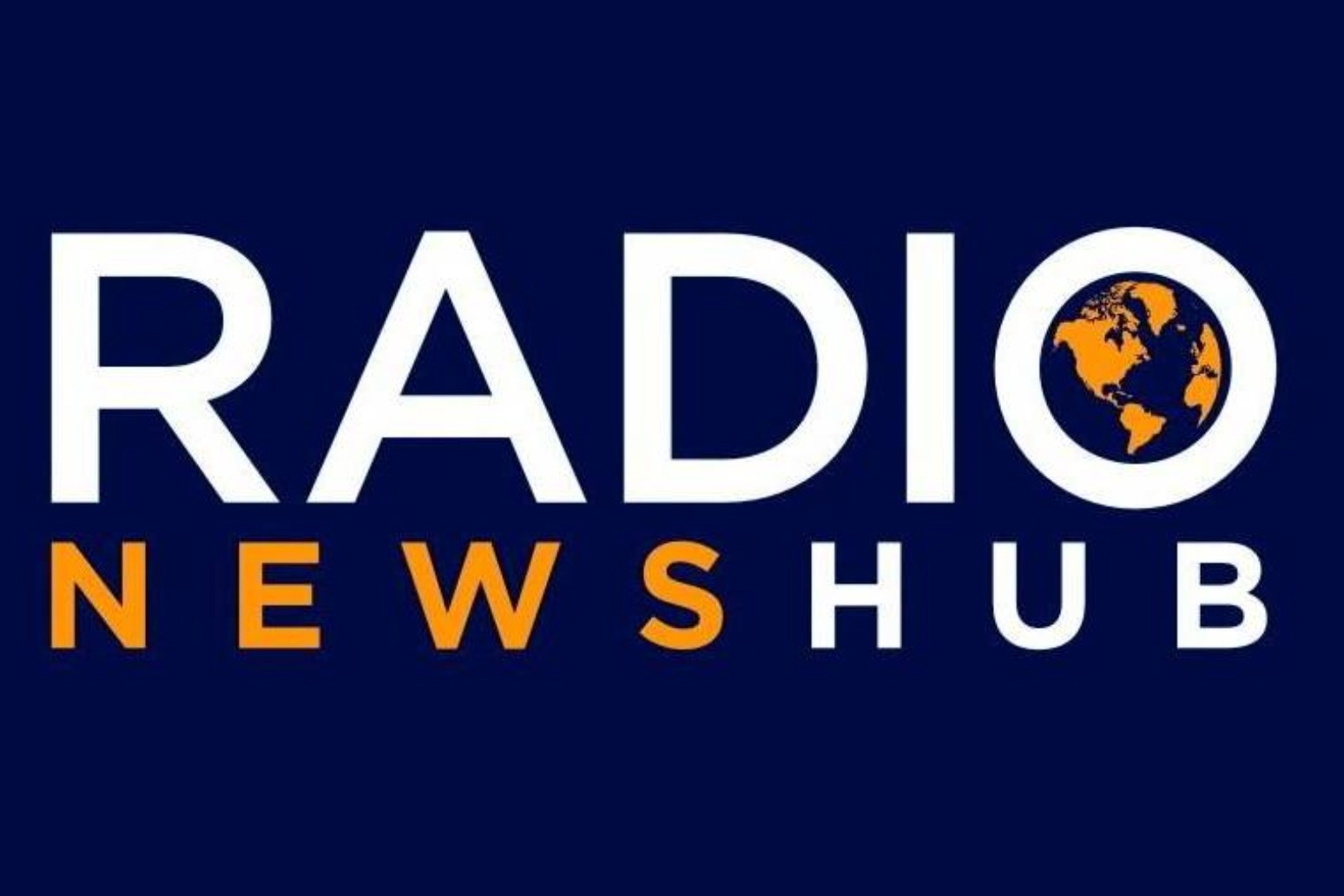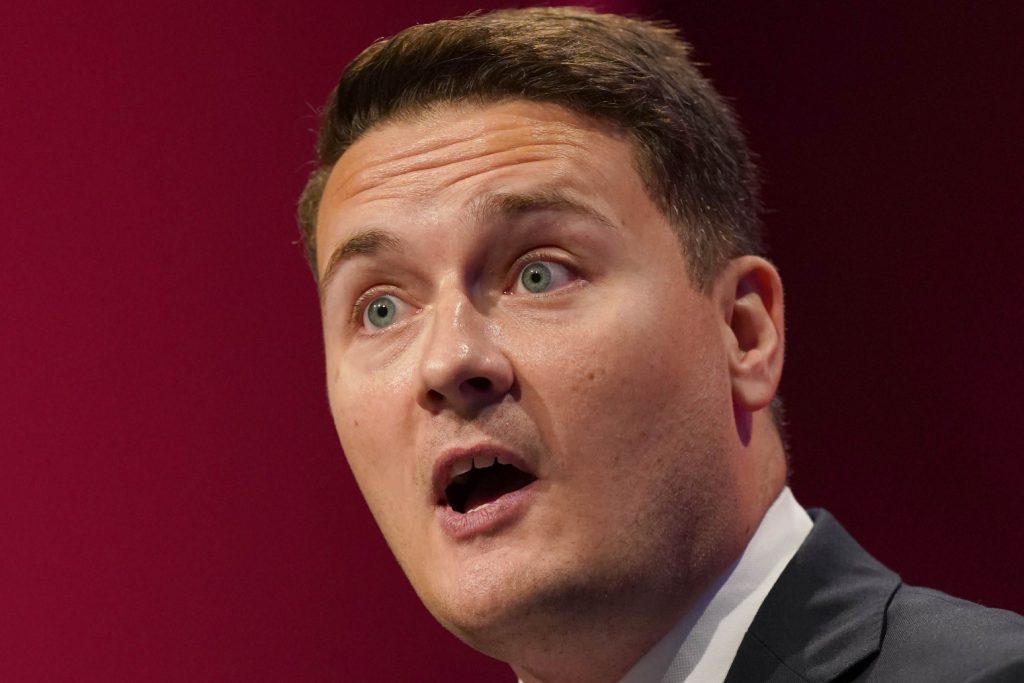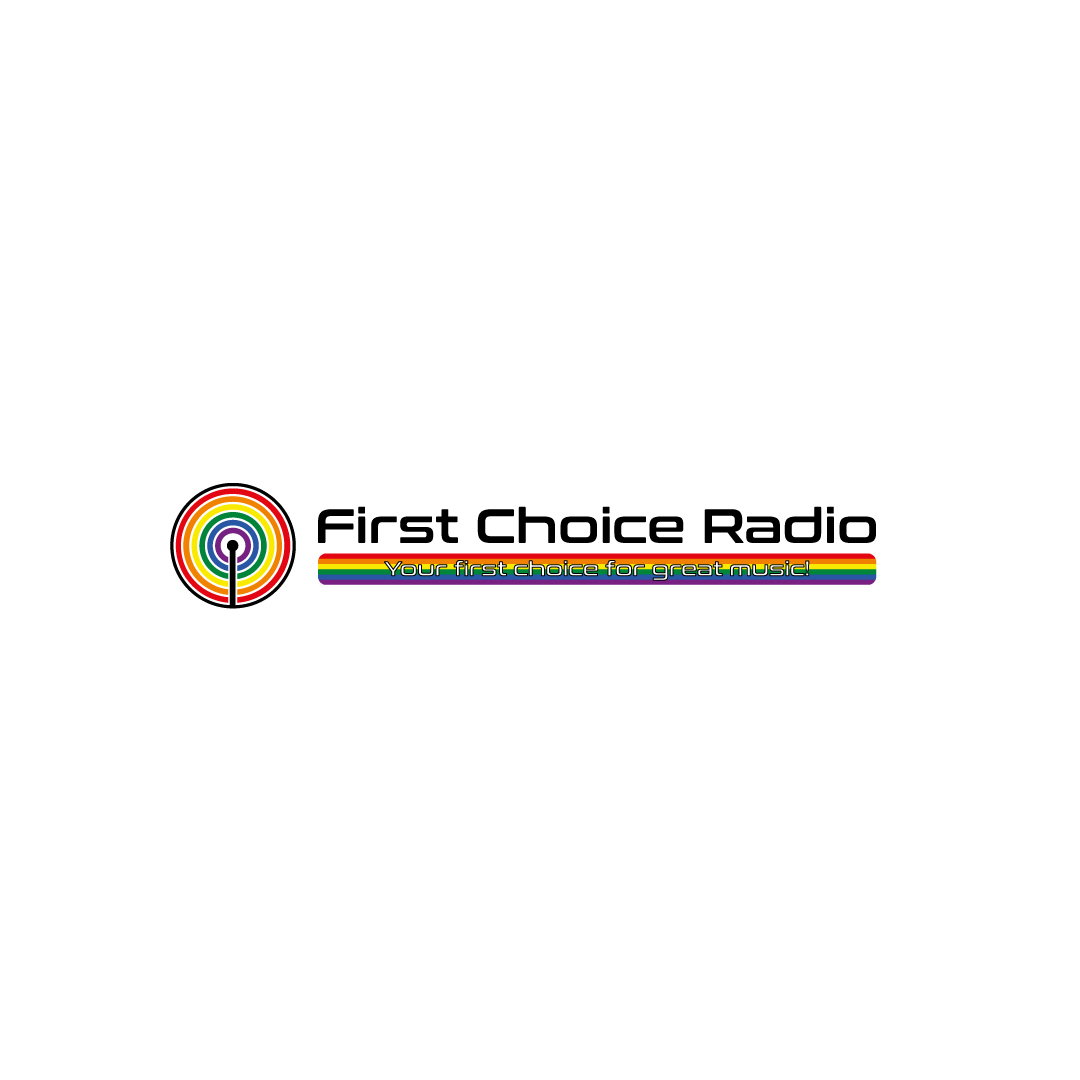House prices up by 10 annually in November
Written by First Choice Radio on 1 December 2021

That’s according to data from the Nationwide
Annual house price growth hit 10% in November, according to an index.
The increase marked an acceleration from 9.9% growth in October, Nationwide Building Society said.
Prices rose by 0.9% month on month, taking the average UK property value to £252,687.
Robert Gardner, Nationwide’s chief economist, said: “House prices are now almost 15% above the level prevailing in March last year when the pandemic struck the UK.
“There have been some signs of cooling in housing market activity in recent months; for example, the number of housing transactions were down almost 30% year on year in October.
“But this was almost inevitable, given the expiry of the stamp duty holiday (in England and Northern Ireland) at the end of September, which gave buyers a strong incentive to bring forward their purchase to avoid additional tax.
“Indeed, activity has been extremely buoyant in 2021. The number of housing transactions so far this year has already exceeded the number recorded in 2020 with two months still to go and is actually tracking close to the number seen at the same stage in 2007, before the global financial crisis struck.
“Moreover, underlying activity appears to be holding up well. The number of mortgages approved for house purchases in October was still running above the 2019 monthly average.
“Early indications also suggest that labour market conditions remain robust, despite the furlough scheme finishing at the end of September.
“If this is maintained, housing market conditions may remain fairly buoyant in the coming months, especially since the market has momentum and there is scope for ongoing shifts in housing preferences, as a result of the pandemic, to continue to support activity.”
But Mr Gardner said the outlook remains uncertain, adding: “It is unclear what impact the new Omicron variant will have on the wider economy.
“While consumer confidence stabilised in November, sentiment remains well below the levels seen during the summer, partly as a result of a sharp increase in the cost of living. Moreover, inflation is set to rise further, probably towards 5% in the coming quarters.
“Even if economic conditions continue to improve, rising interest rates may exert a cooling influence on the market. Indeed, house price growth has been outpacing income growth by a significant margin and, as a result, housing affordability is already less favourable than was the case before the pandemic struck.”
Samuel Tombs, chief UK economist at Pantheon Macroeconomics, suggested mortgage rates could head upwards. Swap rates, which lenders use to price their loans, have increased, and profit margins on home loans are already “very tight by past standards”, he said.
“Admittedly, the link between variations in mortgage rates and changes in house prices isn’t stable,” he said.
“Households can lengthen mortgage terms to offset the hit to monthly repayments from higher rates. In addition, the proportion of incomes that households are prepared to devote to housing might have risen permanently due to the pandemic and the long-term shift to working from home.
“Households also likely will draw on the large pot of savings they have accumulated during the pandemic to finance home purchases.
“Nonetheless, we continue to think that mortgage rates will rise enough over the coming months, to ensure that house prices stagnate in the first half of 2022 and then rise only slowly in the second half, thereby slowing the year-over-year growth rate of prices to about 2.0% by the end of next year.”
Tomer Aboody, director of property lender MT Finance, said Government support including the stamp duty holiday and the furlough scheme has helped support the market.
He added: “The future is slightly uncertain with the ever-changing global picture thanks to Covid and the possibility of interest rate rises, which will slow down growth.”
Guy Gittins, chief executive of estate agency Chestertons, said: “As the market witnessed a great deal of appetite from house-hunters right after the summer holidays, particularly during October, we are expecting the number of agreed sales to remain high for the rest of the year and into quarter one 2022.”
Martin Beck, senior economic adviser to the EY Item Club, said: “It appears that any downward pressure on property prices from stamp duty returning to its pre-pandemic level at the start of October has been countered by other factors.”
He said a recent decline in mortgage approvals “bodes well for the housing market avoiding a significant correction now that stamp duty has returned to its normal level”.
He added: “The pandemic appears to have prompted a structural increase in demand for houses from people seeking more outdoor space and room to work from home – the ‘race for space’.
“That demand is being facilitated by the substantial ‘excess’ savings accumulated by households during lockdowns – which rose to an estimated £180 billion in the autumn – and a jobs market emerging from the pandemic in a remarkably little-damaged date.
“Moreover, despite the MPC (Bank of England Monetary Policy Committee) adopting a more hawkish tone on the prospect of interest rate rises, mortgage rates fell to a record low in October.
“And uncertainty stemming from the new Omicron variant reinforces the EY Item Club’s expectation that the MPC will hold off raising rates until next year. So, while house price growth is likely to slow during 2022, an outright fall seems unlikely.”
Published: by Radio NewsHub






